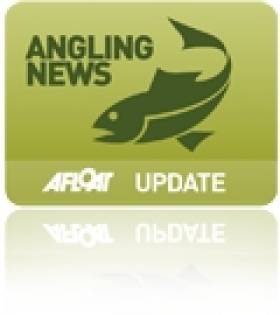Displaying items by tag: phosphates
Angling in Ireland: What's Your View?
A recent letter to The Irish Times highlights some stark difference between Europe and Ireland as a top angling destination.
Reader Kevin McDonnell from Co Cork recounts a fly-fishing trip in Norway, praising "pristine rivers accessed through open and clean farmyards ... where netting for salmon is illegal, where hydro-electric schemes allow fish to pass and provide a minimum level of water flow, even in dry conditions, to allow for the safe passage of migrating fish."
In contrast, a more recent visit to the ESB salmon fishery at Inniscarra Dam on the River Lee revealed "endless rubbish, discarded fishing line, 20m of large-diameter ESB cable by the river’s edge, bonfires, ragwort and forestry so dense that nothing grows at ground level."
McDonnell also noted the low level of water being released from the "almost full" reservoir above, and what appeared to be high levels of phosphate contamination.
Is Ireland as an angling destination "a joke" as this angler says, or is this just one side of the story? Have your say in the comments below.





























































